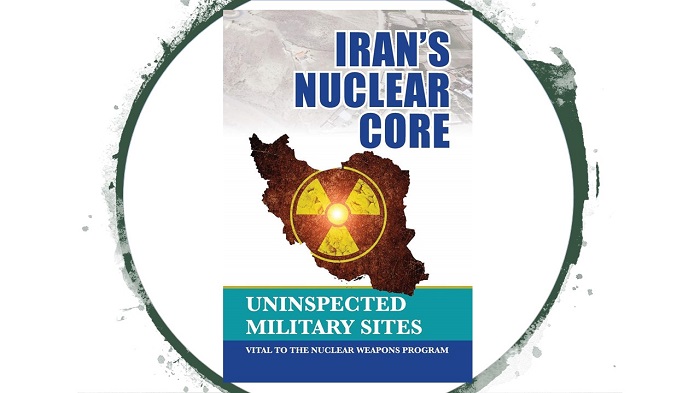Given the Iranian government’s recent growth of its nuclear programme, the International Atomic Energy Agency (IAEA) inspectors have been barred from accessing Iran’s nuclear sites for several months and now are seeking an alternate strategy to watch the regime’s nuclear programme.
inspectors have been barred from accessing Iran’s nuclear sites
According to the report by The National Council of Resistance of Iran (NCRI), and the People’s Mujahedin of Iran (PMOI / MEK Iran), reported that the Iranian government and the IAEA signed bilateral agreements in March after the Iranian parliament approved the accession and voluntary implementation of the Additional Protocol if sanctions were not lifted. They agreed to a one- and three-month period in which IAEA inspectors would have access to the Iranian government’s nuclear facilities.
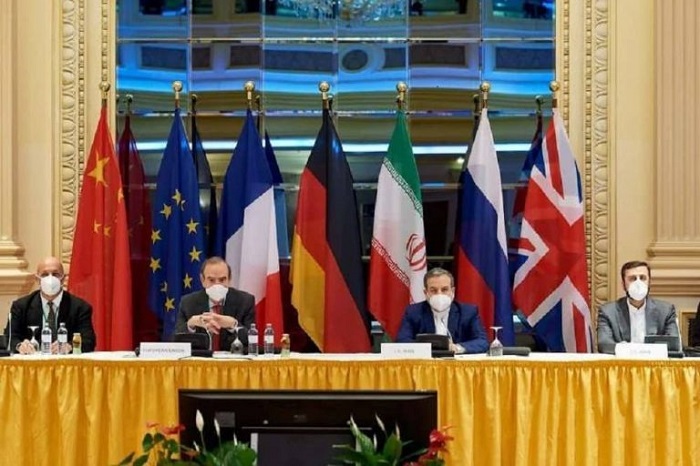
The non-lifting of sanctions imposed on the regime
However, given the non-lifting of sanctions imposed on the regime, the government declined to extend the agreement with the IAEA after the second agreement, which was only for a month, expired on June 24, 2021.
Since then, IAEA inspectors have had limited access to the Iranian government’s nuclear programme as well as data from IAEA’s CCTVs.
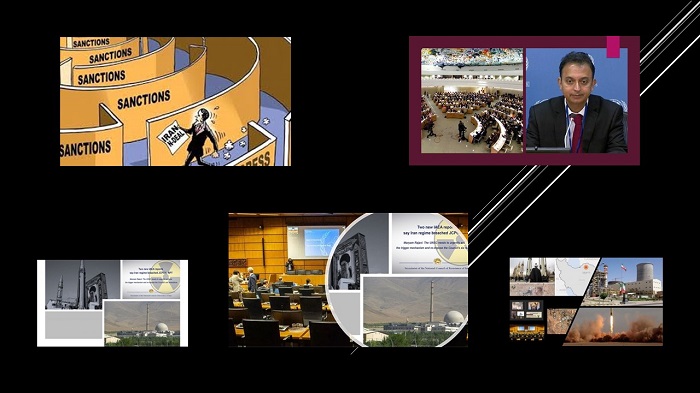
Iran has expanded areas of its nuclear programme
Furthermore, the Iranian government and certain Western intelligence agencies claim that Iran has expanded several areas of its nuclear programme during this time, raising concerns in the West.
The extraction of metal uranium for military use and the deployment of the second cascade of high centrifuges on the Isfahan facility are two of these measures that are in violation of the explicit text of the requirements of the 2015 Iran nuclear deal, also known as the JCPOA.
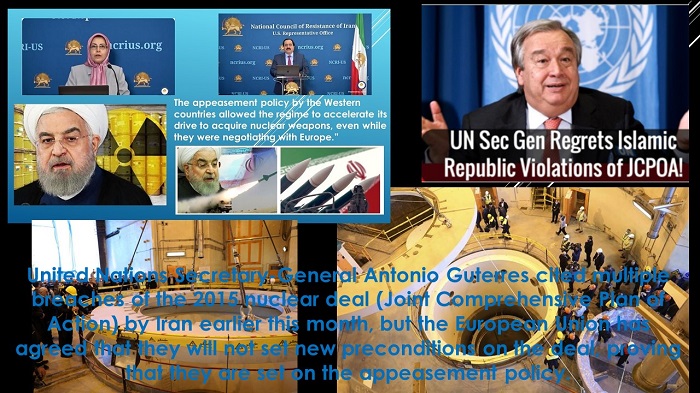
The discovery of residues of enriched uranium
Furthermore, the Iranian government continues to avoid questions from the IAEA regarding the discovery of residues of enriched uranium at numerous nuclear sites that it has destroyed.
All of these actions have prompted alarms among Western countries that are parties to the JCPOA, as well as the IAEA, which recently declared that it is looking into contingency options in the event that the Vienna talks, which have been halted since June 20, 2021, fail.
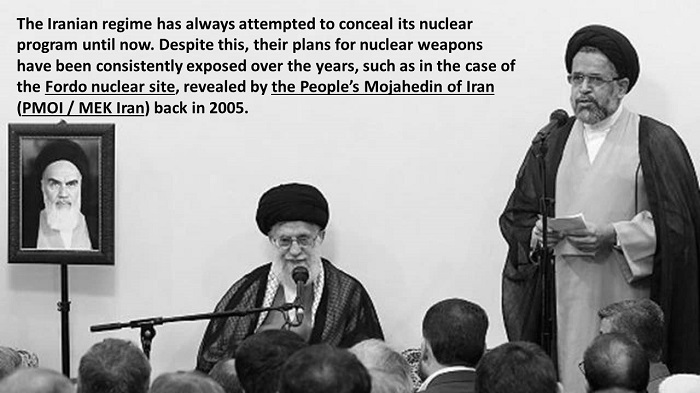
Inspectors from the IAEA, who have been denied
Prospects for renewing Iran’s nuclear accord and oil sales are decreasing, and IAEA watchers in Vienna are preparing a quarterly report on safeguards (nuclear safety laws) to be given to diplomats next month at the IAEA headquarters in Vienna.
Inspectors from the IAEA, who have been denied access to key Iranian government sites, are looking for alternative plans in light of the government’s rapidly expanding nuclear programme, which could result in an information gap if the JCPOA talks between Iran and world powers fail.
According to diplomats in Vienna, the IAEA may attempt to extend a separate agreement with Iran’s leadership that specifies the number of visits to uranium processing plants.
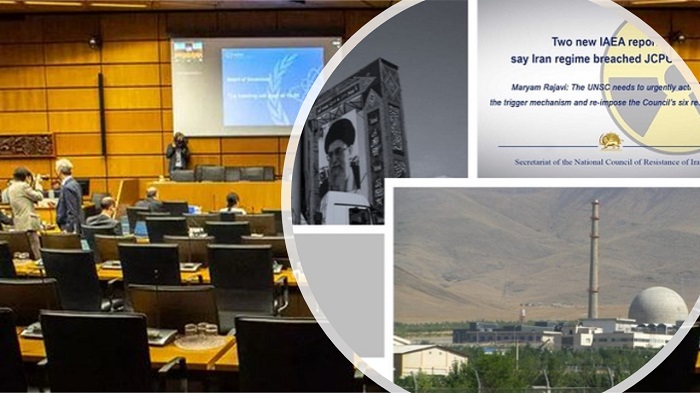
Violation of the JCPOA’s provisions
It’s worth emphasising that the so-called IAEA safeguards, which the Iranian government has been compelled to follow up on so far, require member states to allow the International Atomic Energy Agency wider access after violating nuclear limits.
The Iranian government’s decision to begin manufacturing uranium at levels near to those needed for nuclear weapons is a violation of the JCPOA’s provisions.
By boosting the enrichment level to 60%, the Iranian government has effectively broken IAEA safeguards, and the International Energy Agency may request more inspections from the Iranian government.
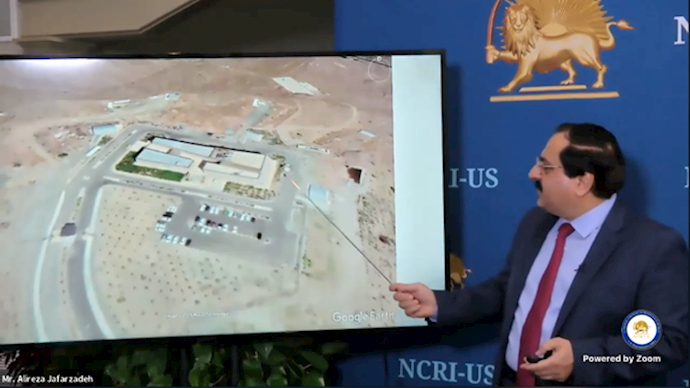
MEK Iran (follow us on Twitter and Facebook)
and People’s Mojahedin Organization of Iran – MEK IRAN – YouTube


